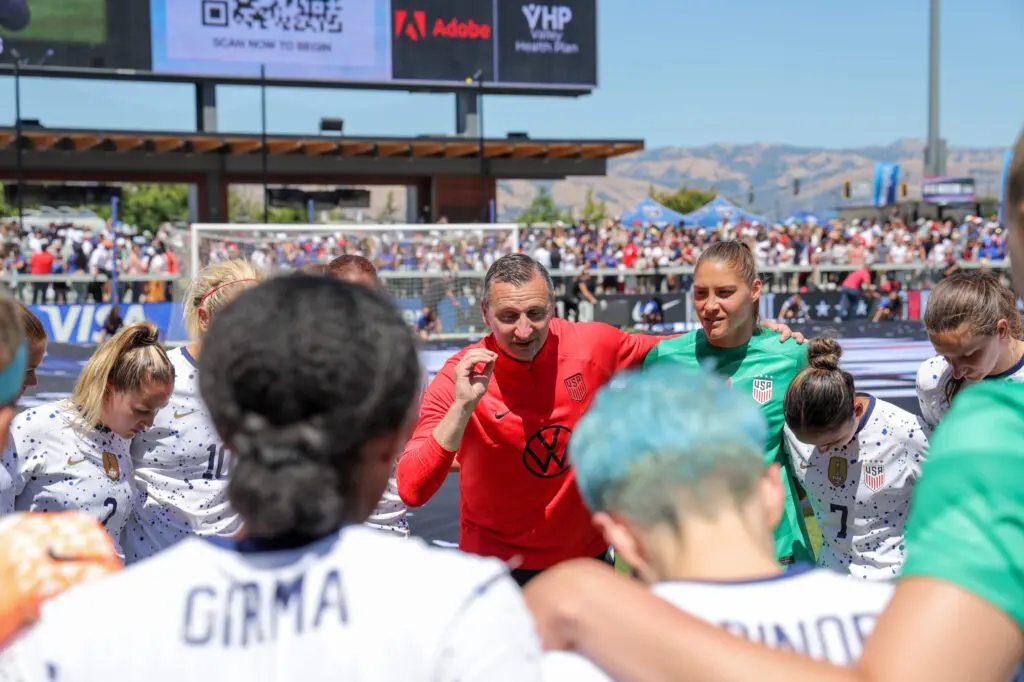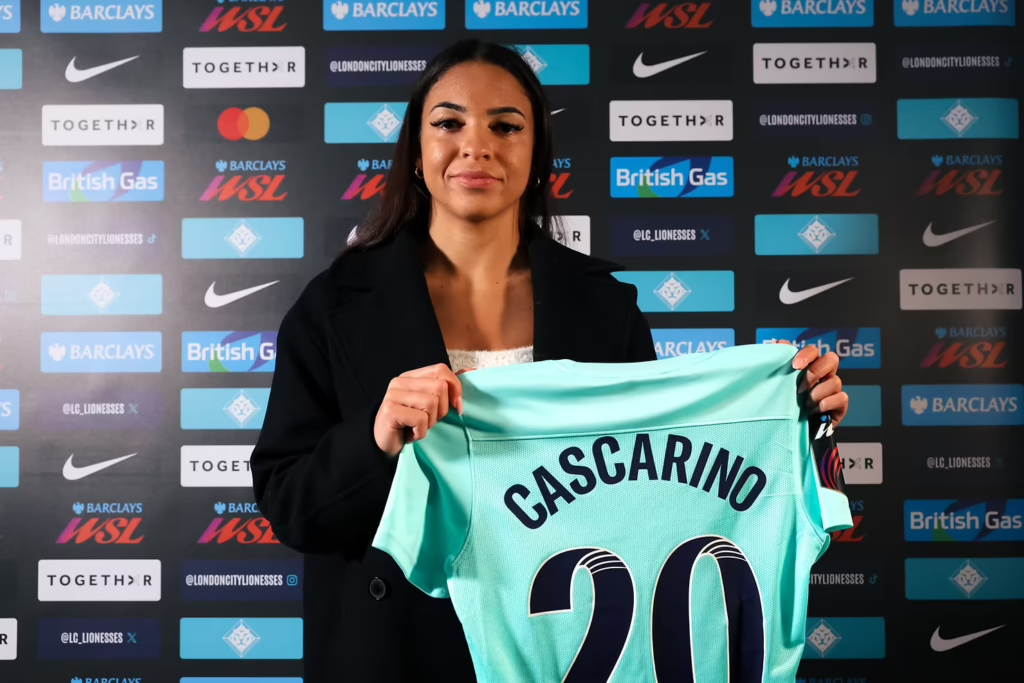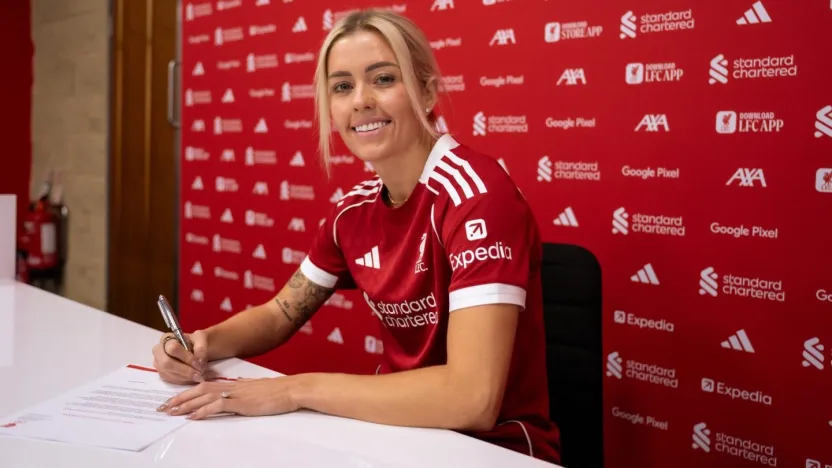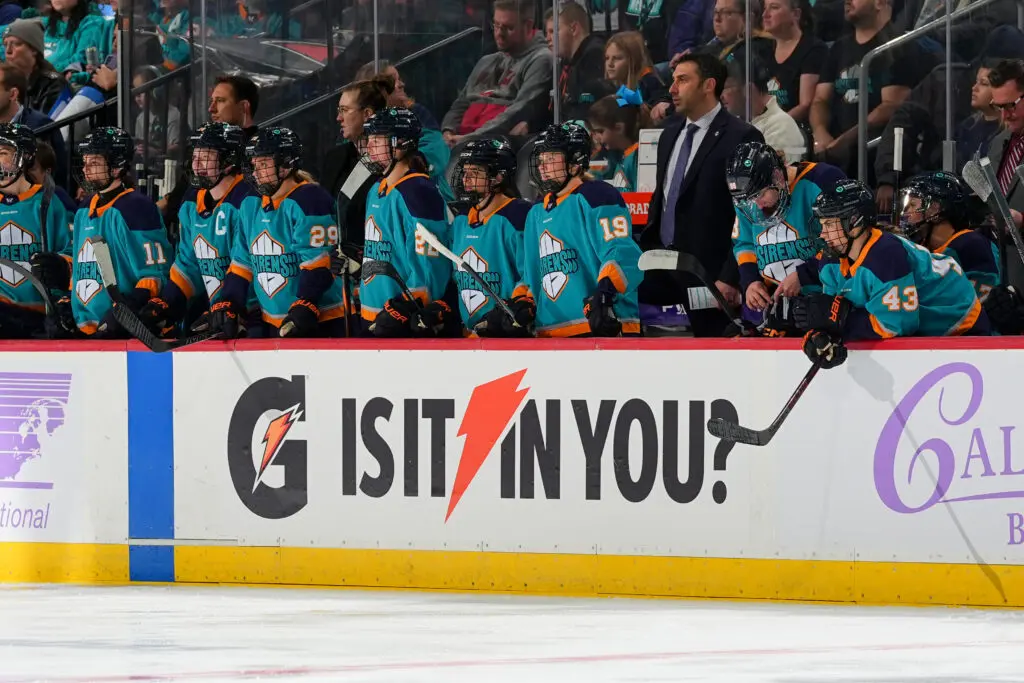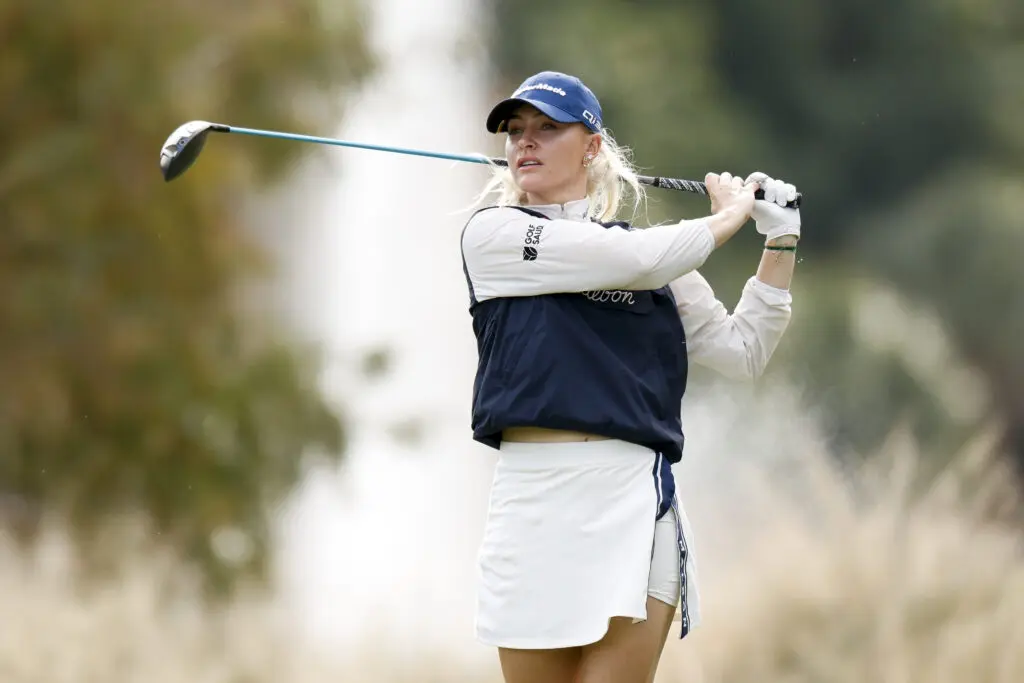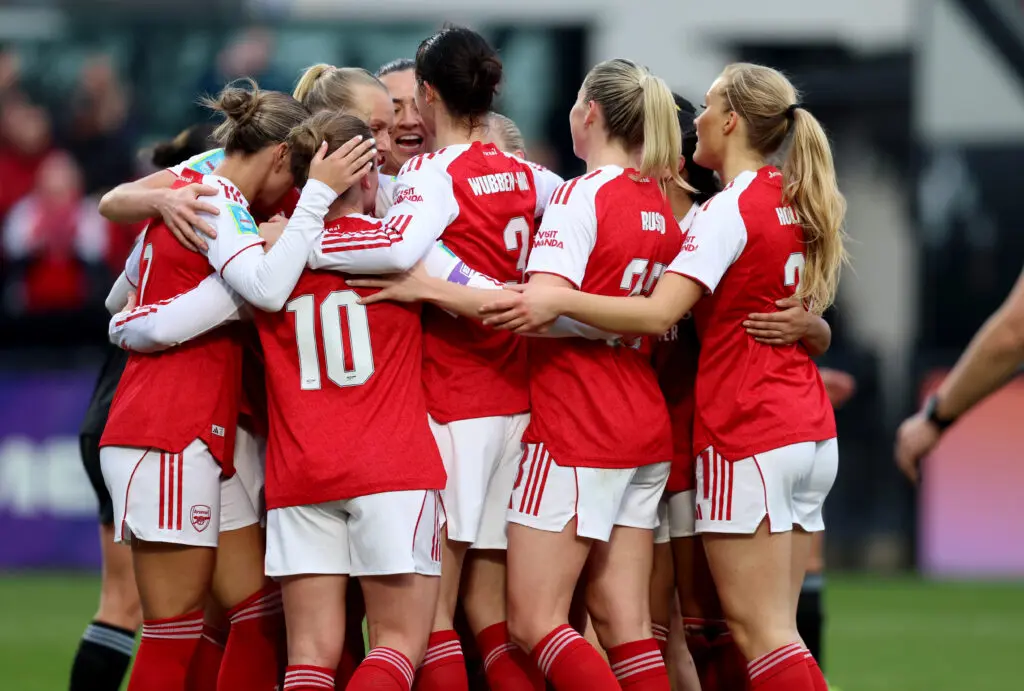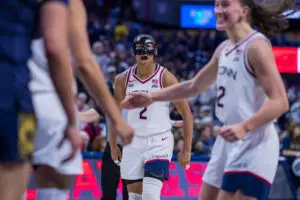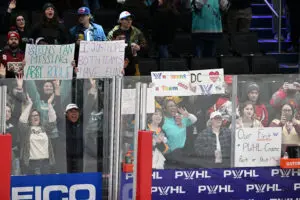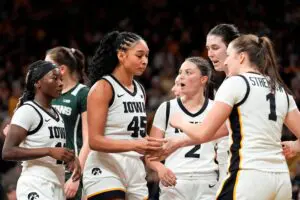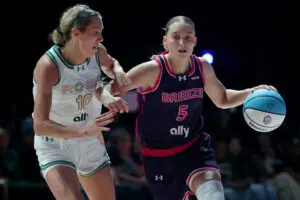U.S. women’s national team head coach Vlatko Andonovski’s time with the USWNT might be nearing its end, as his four-year contract concluding at the end of the calendar year coincides with a disappointing Round of 16 exit from the 2023 World Cup.
Andonovski’s tenure has come under review as the U.S. prepares to regroup for the 2024 Olympics. Part of the conversation will include a necessary investigation into the circumstances in which he was hired. Andonovski was a standout coach in the NWSL before taking the U.S. job, succeeding Jill Ellis, who had experience in the NCAA and as an assistant coach within the USWNT system.
One of the greatest criticisms of Andonovski during his tenure has been that he ran the U.S. too much like one of his club teams, a trap that others could just as easily fall into when faced with player development and the high expectations of a winning culture. Despite the USWNT head coaching position being one of the premier jobs in the world of women’s soccer, it is also one of the most difficult.
Those tasked with finding a steady hand for the future will have to weigh the balance of knowledgeable leadership and the opportunity for a fresh start.

The NWSL
In light of Andonovski’s middling record at major tournaments with the USWNT, attention has turned to the league that produced him. At the time of his hiring, Andonovski seemed like a natural fit for the national team. He had seen many members of the upcoming player pool up close every day in the NWSL, and he had a track record of success when it came to roster growth and advancing in the knockout stages of league playoffs.
But following disappointing results at the international level, picking his successor from the same coaching pool might not make the most sense. OL Reign head coach Laura Harvey came close to getting the job in 2019 and is a popular choice to replace Andonovski. Mark Parsons and Casey Stoney are also well-respected in the NWSL, while few other candidates have the experience or successful track record to stand out.
Harvey, Parsons and Stoney aren’t quite home runs, however, for some of the same reasons Andonovski is no longer likely to retain his job. Harvey is beloved by her players and has had consistent regular season success at the NWSL level. But her squads are pulled from top talent she can compile as a manager rather than developed from a young age, and she has never had a particularly strong record in knockout matches. Her teams also play in a similarly pragmatic and suffocating style that Andonovski tried with the U.S., without much success.
Parsons, head coach of the Washington Spirit, already tried his hand as an international coach, in a run with the Netherlands that ended after a lackluster Euros campaign. He seemed to fall victim to similar issues as Andonovski, confusing players with overly complex messaging and leaving them without clear roles in his system. Stoney is progressing toward a strong coaching resume, but her time with the San Diego Wave has not been definitive, as the team has sputtered slightly in their second year.
Ultimately, what makes a good club coach does not necessarily mean that person is right for a national team position. There’s no one who understands that lesson better than Andonovski himself.

Other national teams
As with the end of any World Cup cycle, there will be other international coaches looking for new jobs. U.S. Soccer could decide that the best fit for the four-time World Champions is someone with experience at the highest international level. A number of possible candidates, however, might present more of a lateral move than a step forward.
Pia Sundhage is reported to be on the outs in Brazil, but the U.S. already moved on from her management once, and she never led Sweden or Brazil to a major tournament win in the years since leaving the USWNT. Other national team coaches have either had mercurial tenures or have yet to experience a full cycle with their squads.
So, does the USWNT try to poach a top name? Maybe. Sarina Wiegman has no outside reason to step away from her wildly successful tenure with the England national team, and Germany’s Martina Voss-Tecklenburg would not be a good personality fit for the American group (Germany also crashed out of the World Cup early). Herve Renard has just begun his work as the coach of France, and his commitment to the women’s game remains unclear.
Coaches who might be more attainable are Canada’s Bev Priestman, Jamaica’s Lorne Donaldson or even Australia’s Tony Gustavsson. Priestman is very committed to her current group, but dysfunction under Canada Soccer might prompt a change. Donaldson hasn’t committed to his future with Jamaica beyond Olympic qualifying, and he has Colorado club connections to several USWNT rising stars, including Sophia Smith and Mallory Swanson. Gustavsson has experience as a U.S. assistant coach, and has shown his ability to lead as Australia has progressed through their home World Cup.
U.S. Soccer will have to balance the need for a fresh perspective on the team’s player pool and knowledge of talent rising through the ever-diversifying pipelines in the women’s game. Looking outside the insular NWSL or college system might be the best way to guarantee a bold change from the Andonovski era.
Outside the box
It’s possible, if unlikely, that U.S. Soccer will break the mold in other ways when pursuing a new manager. Top college coaches have long been considered for the job in the past, though the further away the professional game moves from the college system, the less relevant their experience becomes.
There’s also a desire to see former players take the reins, but the coaching pipeline is only just now opening up the requisite training and experience for new coaching demographics to emerge. Club coaches from overseas might provide the requisite new perspectives U.S. Soccer is looking for, but they could also fall prey to Andonovski’s issues with international management while also lacking familiarity with the USWNT player pool.
There is a tactic that would open up the pool considerably: Hiring a coach who, up until this point, has primarily coached on the men’s side. As the women’s coaching pipeline continues to grow, the USWNT might need to find someone who can produce results immediately. France’s appointment of Renard is a good example of the free-flowing exchange between sides, and that might be exactly what the U.S. needs.
Claire Watkins is a Staff Writer at Just Women’s Sports. Follow her on Twitter @ScoutRipley.
